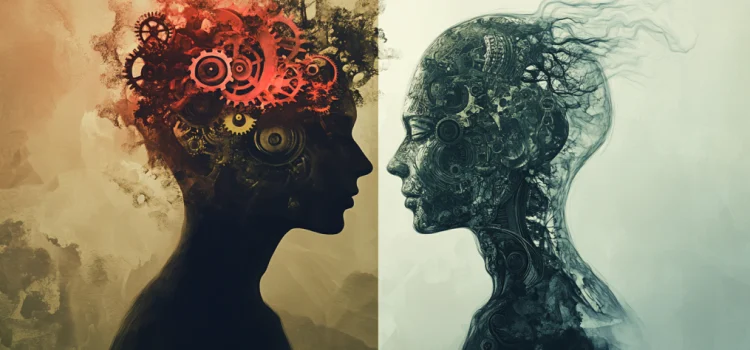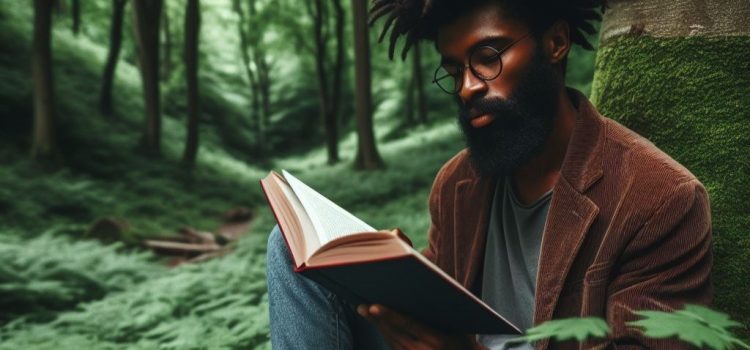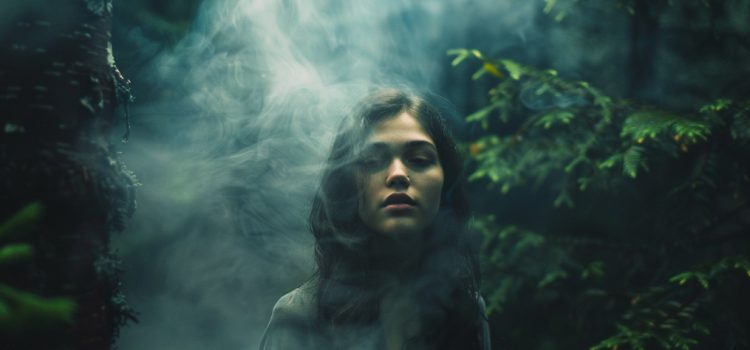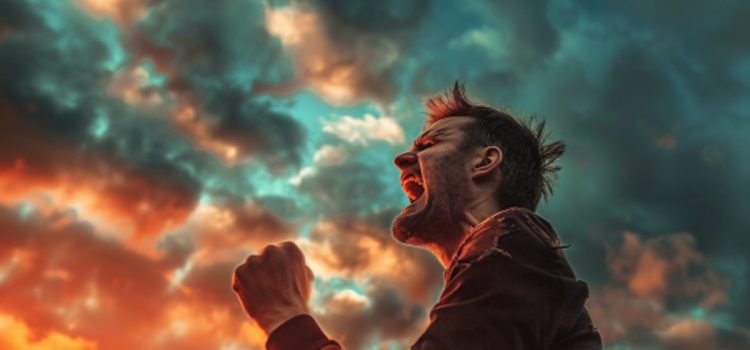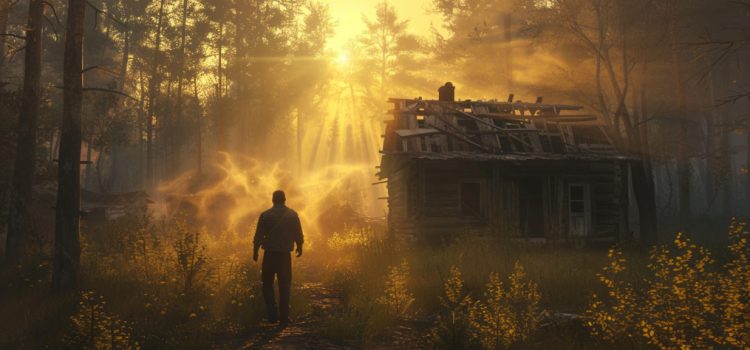Is your sense of self real, or is it just an illusion? How does your cultural background shape your perception of who you are? In his book No Self, No Problem, Chris Niebauer explores the concept of the self in Western and Eastern thought. He compares the contrasting views of the self and their implications for our understanding of consciousness and identity. Keep reading to discover how different cultures approach the idea of self and what modern science has to say about it.
The Self in Western and Eastern Thought (Chris Niebauer)
